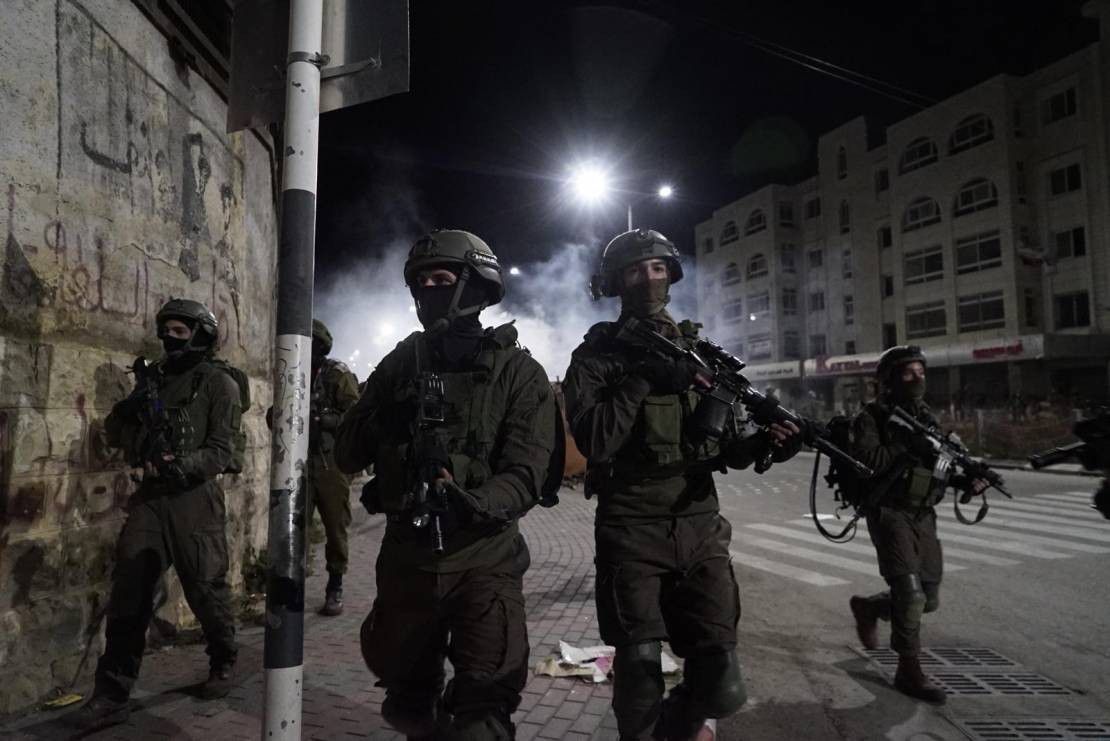The Israeli government has approved a plan to finance the construction and expansion of settlements and outposts in the occupied West Bank, with a budget of one billion shekels ($263.5 million).
The plan aims to encourage more Israelis to move and live in the illegal settlements, which are considered a major obstacle to peace and a violation of international law by the United Nations and most of the international community.
The plan includes building new settlements in various areas of the West Bank, such as the Dead Sea, the Jordan Valley and the southern Hebron Hills, as well as enlarging existing ones.
The plan was initially announced with a budget of 672 million shekels ($177 million), but some items have not yet been finalized.
The project is overseen by Finance Minister Bezalel Smotrich, a member of the far-right Religious Zionist party, in cooperation with Settlement Minister Orit Strock, a member of the same party. Both ministers are known for their extremist views and support for the settlers and their actions against the Palestinians.
The plan has drawn widespread criticism from human rights groups, who say it will further entrench Israel’s occupation and undermine the prospects of a two-state solution. They also warn that it will increase tensions and violence in the region, as well as isolate Israel from its allies.
According to Peace Now, an Israeli anti-settlement watchdog, there are currently 132 official settlements and 121 unofficial outposts in the West Bank, housing over 600,000 Israeli settlers. The settlements cover about 10% of the West Bank’s land area, but their municipal boundaries extend much further, affecting about 40% of the territory.
The settlements are also connected by a network of roads and infrastructure that restricts the movement and access of Palestinians, who make up about 90% of the West Bank’s population. Palestinians living under Israeli occupation rule face discrimination, harassment, land confiscation, home demolitions and violence from both soldiers and settlers.
Israel claims that the settlements are necessary for its security and that it has historical and religious rights to the land. It also argues that the settlements are not an obstacle to peace, since they can be negotiated in future talks with the Palestinians.
However, such talks have been stalled for years, mainly due to the Israeli settlement expansion and refusal to accept the internationally recognized 1967 borders as a basis for negotiations. The Palestinians have repeatedly demanded a halt to settlement construction as a precondition for resuming talks.
The plan is part of Israel’s implementation of the US-backed “Vision for Peace”, which was unveiled by former President Donald Trump in January 2020. The plan endorsed Israel’s annexation of about 30% of the West Bank, including all the settlements and most of the Jordan Valley. It also proposed a demilitarized Palestinian state on the remaining fragmented territory, subject to Israeli security control and various conditions.
The plan was rejected by the Palestinians and most of the international community as biased and unfair. It also contradicted previous UN resolutions and agreements that called for a negotiated solution based on the 1967 borders, with possible land swaps and a shared capital in Jerusalem.
The current US administration under President Joe Biden has expressed its opposition to the Israeli settlement expansion and annexation plans, and has reaffirmed its support for a two-state solution. However, it has also stated that it will not reverse Trump’s recognition of Jerusalem as Israel’s capital or move the US embassy back to Tel Aviv.
Shortlink for this post: https://daysofpalestine.ps/?p=47383








